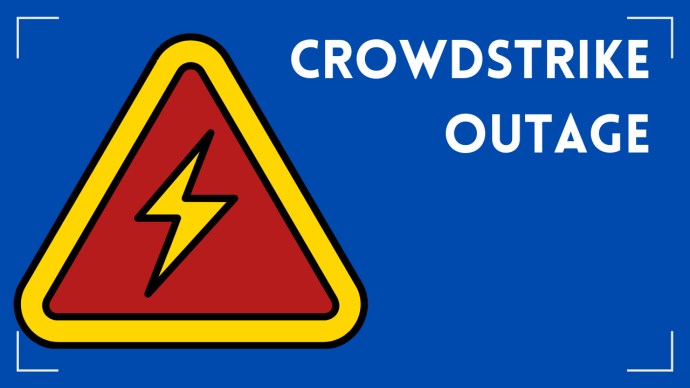Cybercrime Scams To Watch Out For During The COVID-19 Pandemic
Supporting your remote employees for the course of the coronavirus pandemic means more than keeping them productive – they have to be secure as well. Do you know what cybercrime scams you have to be aware of right now?
It’s a dangerous time right now, and not just because of COVID-19. Cybercriminals are taking advantage of the confusion and lack of awareness resulting from the global pandemic.
Do you know how to keep your employees, and your organisation as a whole, secure?
Check out our latest video to learn more:

Top 3 Ongoing Cybercrime Scams You Need To Protect Against
Maintaining cybersecurity means knowing the threats that are facing your organisation. Make sure your staff is aware of these scams:
- Miracle Cure Emails: There is currently no vaccine for coronavirus, and there certainly isn’t any type of miracle cure either. If someone emails you about a miracle cure, don’t download anything from the email, and don’t click any links. They’ll likely just infect your systems with malware.
- Wire Transfer Requests: Just like before coronavirus hit, you shouldn’t engage with anyone that makes a wire transfer request over email. Always confirm these transfers with superiors and recipients via phone.
- Password Requests: Tech industry giants like Microsoft and Google aren’t going to call you to ask for your password. This is a common scam, carried out by cybercriminals in order to break into your accounts and steal information.
How To Maintain Cybersecurity In A Remote Setting
In addition to cybersecurity awareness, make sure you have the following solutions and best practices in place:
- Implement Multi-Factor Authentication: Multi-factor authentication is a great way to add an extra layer of protection to the existing system and account logins. By requiring a second piece of information like a randomly-generated numerical code sent by text message, you’re able to make sure that the person using the login credentials is actually who they say they are.
- Verify Payments Via Phone: As you can’t meet in person to verify major financial transactions, the least you can do is confirm over the phone with the contact. Never execute a financial transfer based on an email request alone – it could very well be a cybercriminal posing as a business contact or third party organisation.
- Use A VPN: When you use a virtual private network (VPN), your data is encrypted, or hidden, as it moves from your device to the VPN and then continues onto the Internet. That makes it harder for an attacker to identify you as the source of the data – no matter whether you’re on your mobile device’s data connection, or using an unsecured retail Wi-Fi network while you’re in line for coffee.
Don’t sacrifice your cybersecurity just so your staff can work from home. With the right technologies and processes in place, you can maintain a productive and secure remote work model.
Like this article? Check out the following blogs to learn more:
Caution – Hackers Target Zoom Users in COVID-19 Pandemic



